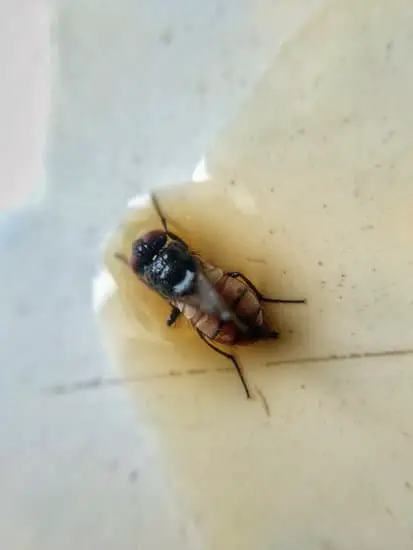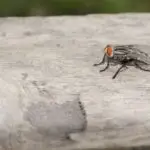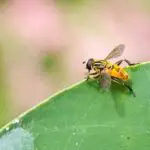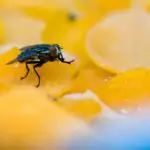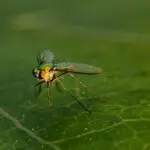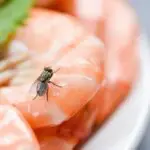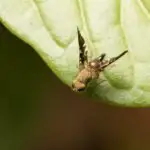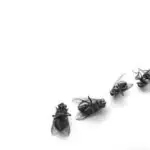Where Do Flies Lay Their Eggs?
Flies don’t lay their eggs in traditional nests, which are structures made by animals to protect their eggs and young during development. Instead, they prefer to lay eggs on things that are rich in food and have an environment that is safe and uncluttered. This includes food scraps, spills, and grease. Any of these things will serve as a beacon for flies looking for a place to lay their eggs.
When flies lay their eggs, they choose decayed organic matter, such as food waste, carrion, or feces. The eggs are white and about 0.05 inches long, and they hatch in eight to twenty hours. Flies are attracted to these materials because they are rich in sugar, which makes them an excellent choice of food.
Flies lay their eggs in many places, depending on their preferred habitat. Human excrement and horse manure are the most popular breeding sites, followed by decaying animal carcasses, garbage, and fermented vegetable matter. Insects can also lay their eggs in structures that hold livestock. The most common types of animal facilities are poultry and swine facilities. Other popular places for fly breeding include fruit and vegetable cull piles, partially incinerated garbage, and incomplete composted manure.
Flies can also infect humans through contact with their larvae. If a fly bites you, it is likely to carry a worm that causes myiasis. In the tropical and subtropical worlds, myiasis is a condition wherein a fly bites you and the larvae burrow through your skin. When the larvae mature, they will move deeper into your body.
